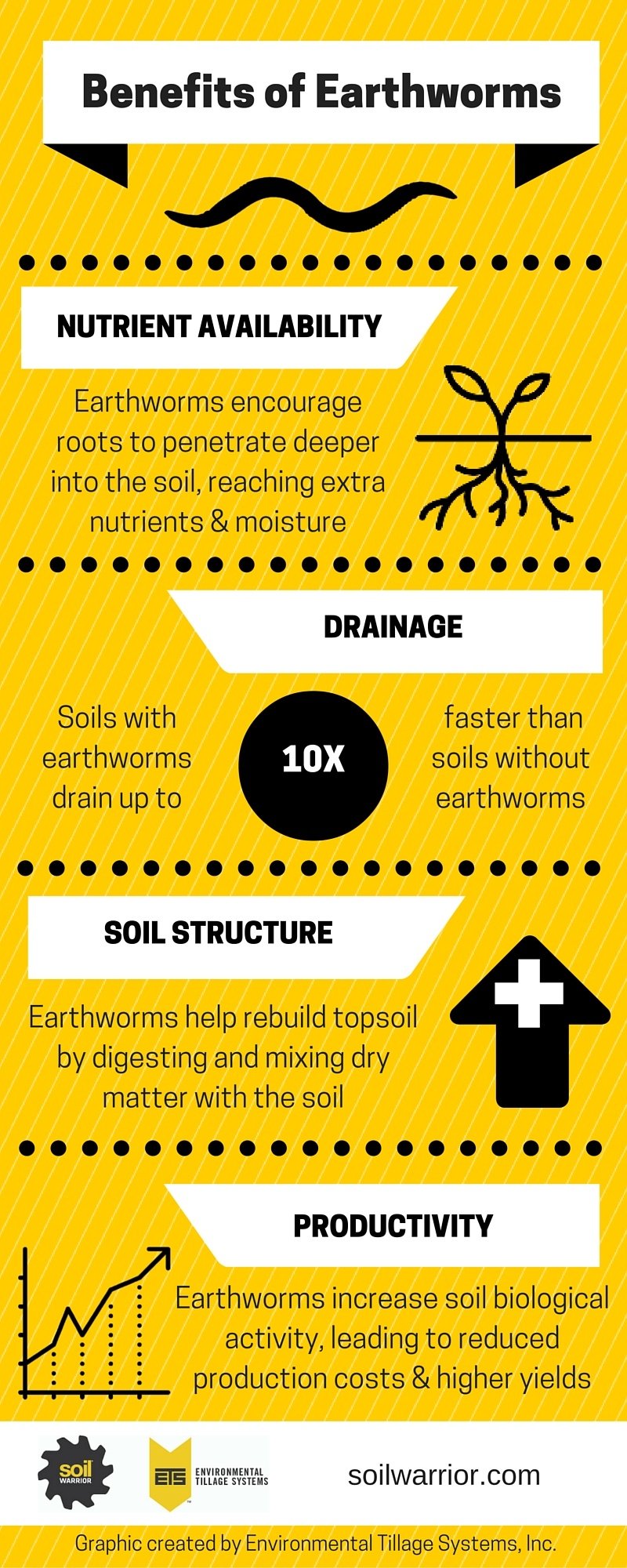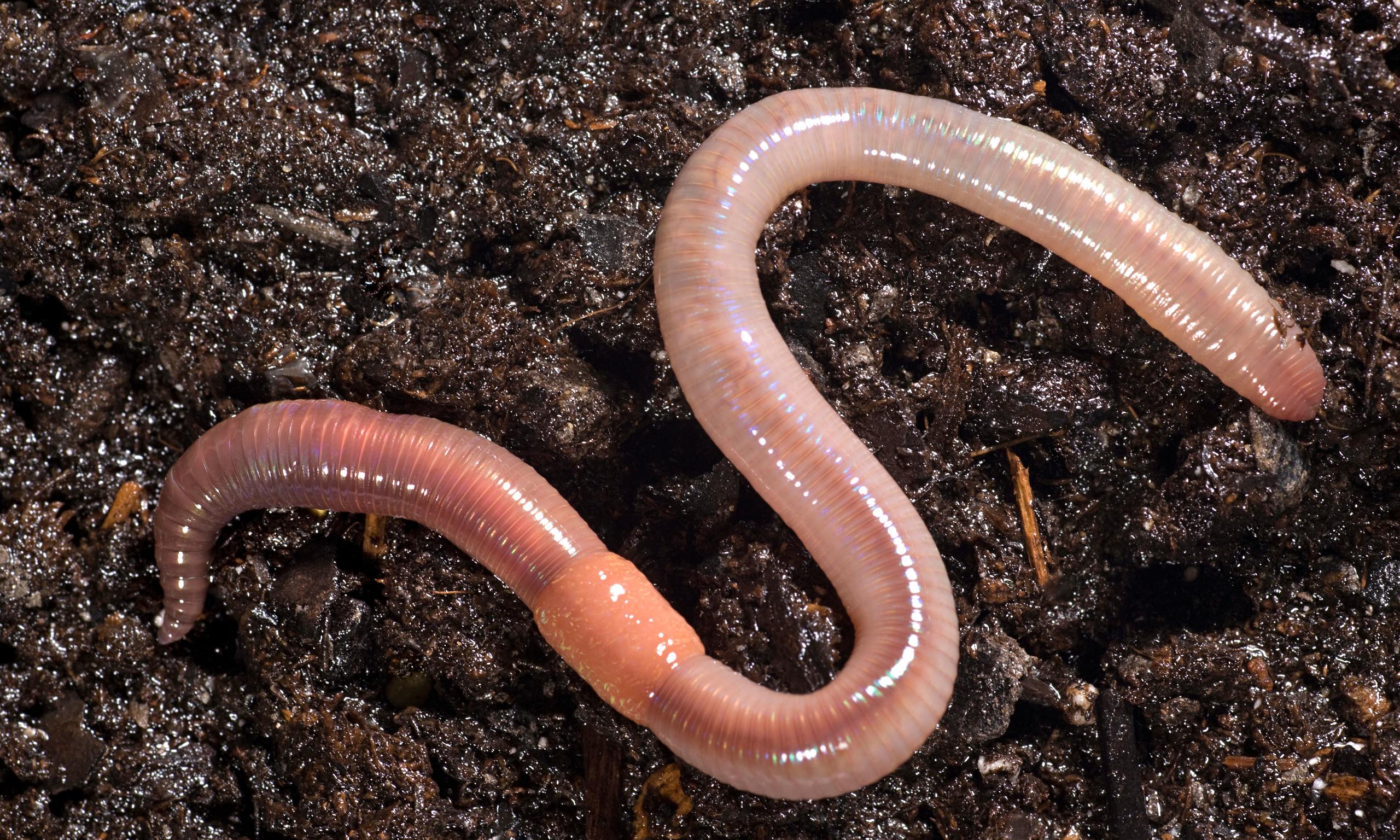4 Simple Techniques For North Carolina Worms
Table of ContentsSome Known Questions About North Carolina Worms.Fascination About North Carolina WormsAbout North Carolina WormsThe Ultimate Guide To North Carolina Worms
Example: 1-gallon of worm spreadings to 4 gallons of potting mix. Do NOT utilize a potting mix that has chemical plant foods in it. Check out the labelit will state. 1/2 mug in all-time low of the growing hole for smaller plants. 1 mug for bigger plants. ie. tomatoes, eco-friendly peppers, summer squash, and so on.
The enhancement of tea can additionally add increased microbial biomass to your dirt. You can always side-dress your plants with worm castings any time. Simply keep in mind, the microorganisms will certainly pass away if subjected to UV rays (Sun), so be sure to cover the castings with an inch or so of dirt.
This baffled them for years till the testing approaches became much better. It would obtain better(with more castings), degree off, and then decline. Too lots of worm spreadings would speed up the development to a pace that the plant might not recoup from.
Getting My North Carolina Worms To Work
I have stated the merits of worm castings for about 2000 words. Worm spreadings are no different. It takes time to develop top quality worm spreadings.
Worm spreadings absolutely cost more than chemical fertilizers. Worm spreadings are on the cheaper end of organic fertilizers. (50 gallons per year) It is a much more difficult and very pricey investment to generate big amounts of worm spreadings.

In truth, developing a healthy dirt might be the greatest benefit of worm spreadings. Healthy and balanced soil was talked about and how essential this has become to everyone. The top ten advantages of worm spreadings were likewise presented. We talked about worm spreadings NPK and additionally the appropriate nutrient analysis that should use to worm spreadings.
The Only Guide to North Carolina Worms
We chatted regarding some of the disadvantages linked with worm castings. I covered a whole lot of material in this post. There are a great deal of web links (internal and exterior). If you would such as even more information on a certain topic, please click through the web links to get more information. As always, really feel free to comment or ask questions.
The vertical burrows are usually open, although the worms top the top with residue and excrement. The vertical burrows are very essential points of entrance for quick water infiltration into the soil, particularly in no-till systems. Air-filled porosity is important in aiding plant roots to flourish. Origins require oxygen for their development, whereas they generate co2 that requires to leave the dirt.
Earthworms enhance porosity by two mechanisms: (1) by developing irreversible burrows, and (2) by boosting dirt aggregation. Aggregation is boosted by the blending of soil and raw material in the earthworms' digestive tracts. North Carolina Worms. These very steady aggregates are transferred by some earthworms in their burrows, and by others at the surface of the soil


In another research, earthworms were approximated to eat 4 to 10 percent of the top 6 inches of the soil yearly. Soil compaction minimizes the porosity of the dirt.
North Carolina Worms for Beginners
Typical earthworm populations can easily consume 2 loads of dry matter per acre per year, partly absorbing and blending it with dirt. The importance of earthworms to blend surface area deposit with soil becomes extremely clear in soils that do not have any type of earthworms. Many of our Pennsylvania dirts have at least some earthworms, and the effect of their complete lack, therefore, can not be noted.
(https://www.producthunt.com/@ncworms)In these dirts, the formation of topsoil with sensible raw material web content did not occur, resulting in inadequate plant development. When the reason was established, the government of the Netherlands started a campaign to introduce earthworms. After the introduction of the earthworms, a dark topsoil layer was formed, and plant development raised considerably.
They live primarily from partly decomposed raw material that is currently integrated in the soil. They eat their way through the soil, developing horizontal burrows that they full of their excrement. These species ingest big quantities of dirt that they blend with absorbed plant deposit in their intestines. or anecic varieties stay in irreversible upright burrows that can be 5 or 6 feet deep.
These species ingest significant amounts of dirt that they mix with digested deposit in their guts. Their waste matter is mainly transferred at the surface of the soil.